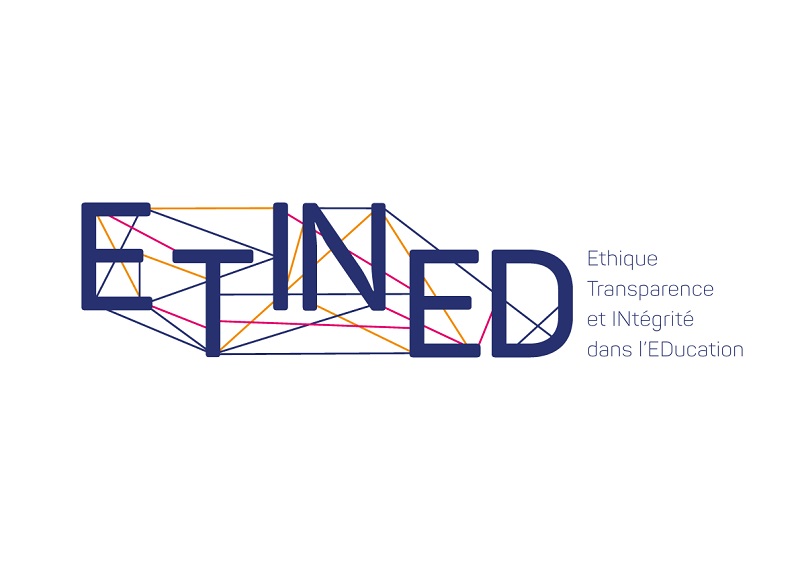Monténégro
Strengthen Integrity and Combat Corruption in the Higher Education in Montenegro
The Council of Europe assists relevant authorities in Montenegro to improve the quality of education through applying preventive mechanisms based on Council of Europe standards and practices. The action is being implemented in partnership with the Ministry of Education while involving a wider group of relevant stakeholders, including University of Montenegro, Agency for Anti-Corruption, education policy and research institutes, academics, NGOs, and other relevant organisations.
The action is co-funded by the European Union and Council of Europe as part of the European Union – Council of Europe programmatic framework “Horizontal Facility for Western Balkans and Turkey” and is implemented by the Council of Europe Education Department in cooperation with the Council of Europe Programme Office in Podgorica.
The duration of the actions is set at 30 months and it is expected to be completed by 31 December 2018, with an overall budget of 350,000 euros.
Objectives and expected results
The overall objective is to strengthen integrity and combat corruption in the higher education system through applying preventive mechanisms based on Council of Europe standards and practices.
The first specific objective is to support relevant higher education institutions in developing ethical standards, combat corruption and promote best practices of quality and integrity in higher education. This specific objective shall be accomplished through the achievement of the following results:
- The University of Montenegro and relevant public authorities adopt mechanisms to prevent corruption and to strengthen ethics, transparency and integrity in higher education;
- Mechanisms in place take into account standards and good practices promoted by the Council of Europe’s Ethics in Education Platform (ETINED).
The second specific objective is to raise awareness and improve knowledge of the main education actors on ethical standards and how to address corruption. This specific objective shall be accomplished through the achievement of the following result:
- Educational professionals and students in public higher education institutions have increased competencies to recognise and address issues challenging the integrity in higher education.
Background information
On 11 April 2016, the Secretary General of the Council of Europe, Thorbjørn Jagland, and the European Union’s Commissioner for European Neighbourhood Policy and Enlargement Negotiations, Johannes Hahn, announced a new co-operation initiative of the two organisations aimed at supporting South-East Europe and Turkey in their efforts to comply with European standards. The initiative is called the European Union/Council of Europe Horizontal Facility for Western Balkans and Turkey (Horizontal Facility). It is a three-year programme (May 2016 – May 2019), focusing on three themes: ensuring justice, fighting economic crime as well as combating discrimination and protecting the rights of vulnerable groups. It has a budget of €25 million, of which €20 million has been provided by the European Union and €5 million by the Council of Europe. Through the Horizontal Facility, the European Union and the Council of Europe will assist beneficiaries in South-East Europe and Turkey to comply with Council of Europe standards and the European Union acquis, through a complementary two-fold approach of technical co-operation and the provision of expertise. The Horizontal Facility relies on the Council of Europe’s unique working methods, whereby tailor-made technical co-operation activities are based on conclusions and recommendations of the Council of Europe’s monitoring bodies, which highlight areas where improvements are needed in legislation and policies of the beneficiaries to comply with the Organisation’s standards.



